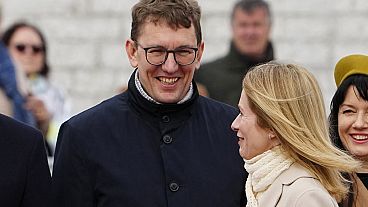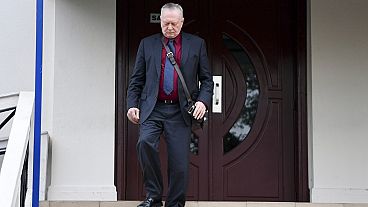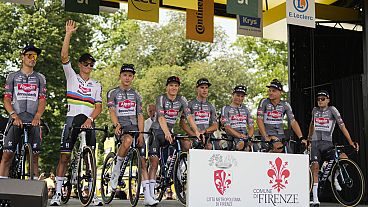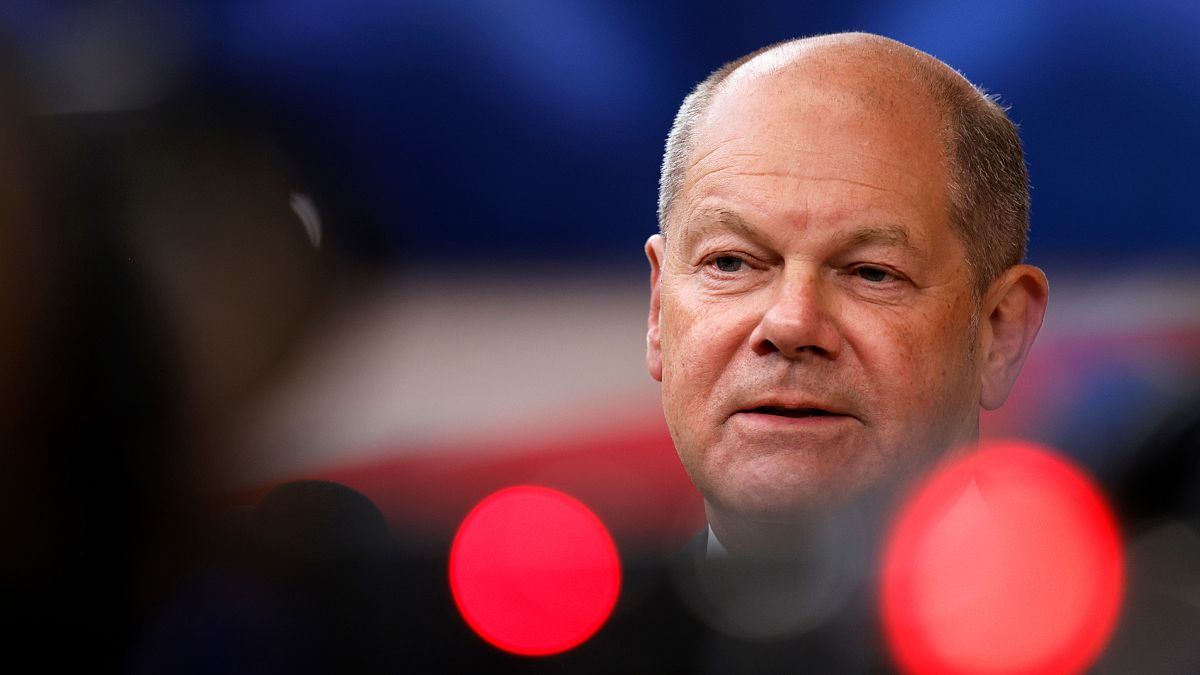German Chancellor Olaf Scholz addressed migration and border control with leaders from eastern states in Wittenberg, where he said, "We are succeeding on a large scale and will continue in that direction"
Chancellor Olaf Scholz met with leaders from eastern Germany in Wittenberg on Tuesday with migration being a hot topic on the agenda.
The discussions between regional leaders and the German Chancellor focused on strengthening partnerships with other countries, particularly border control. However, the conference yielded little more than statements of intent.
Responding to calls from leaders in eastern Germany, Scholz reiterated what he said was, 'the aim of better managing irregular migration', saying there had already been numerous 'discussions and far-reaching decisions'.
"We want to establish migration partnerships to better handle the return of those who cannot stay here. That is the biggest challenge. To ensure that we don`t have to handle it alone, we have to find partners in the world to help us achieve our goals," Scholz said.
The German Chancellor also defended existing policies aimed at controlling irregular migrant flows and promoting better integration of refugees. "We are succeeding on a large scale and will continue in that direction," Scholz added.
Scholz's Social Democrats face challenges after a disappointing showing in the European elections, where they secured their lowest post-World War II result at 13.9%, while the far-right Alternative for Germany (AfD) garnered 15.9%, despite ongoing controversies, including plans for mass deportations.












